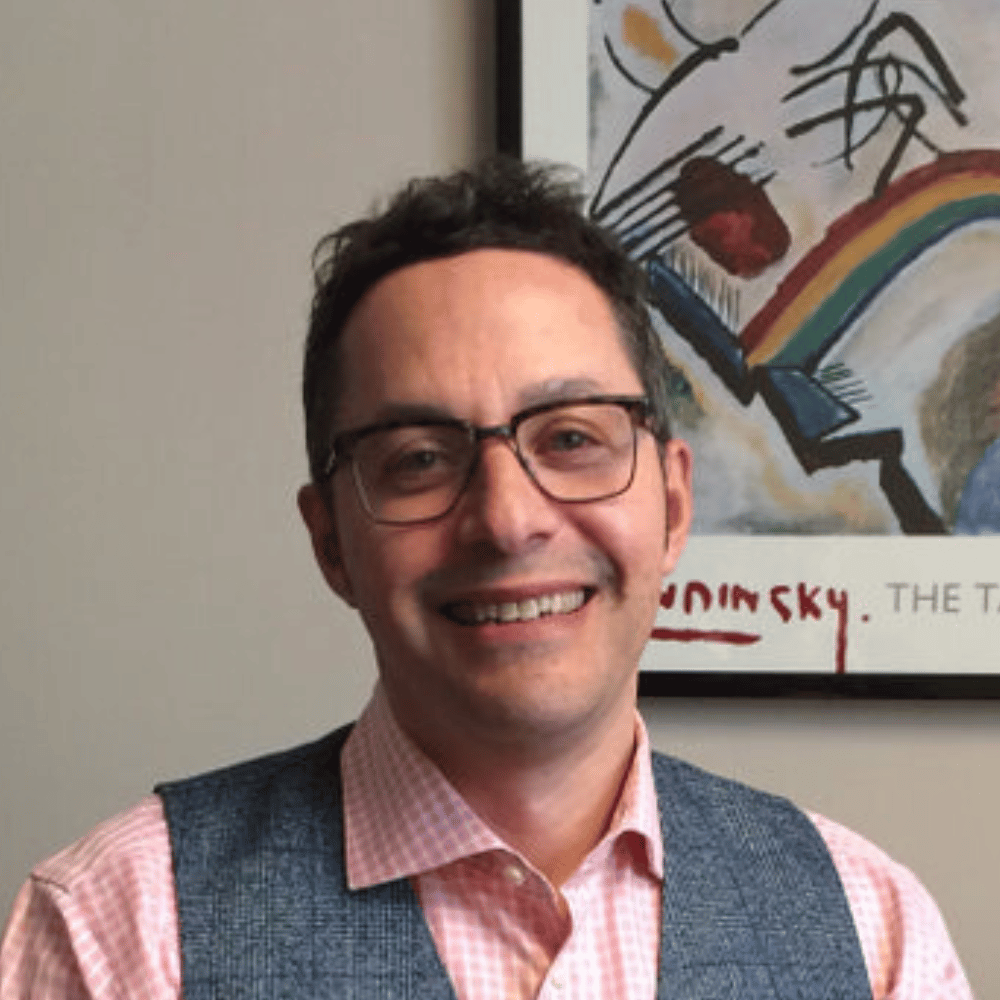
Treating Individuals at High Risk of Sexual Re-Offense in Institutional and Community Settings: The IRATS Model
Already purchased an On Demand training?
Click here to access your Safer Society On-Demand Training Center account.
In this training, Jeffrey Abracen, PhD and Jan Looman, PhD C Psych explain how clinicians can apply the principles of the Integrated Assessment and Treatment System (IRATS) model in both institutional and community settings. The IRATS has received empirical support through various long-term outcome studies comparing treated and untreated cohorts of individuals convicted of sexual offenses.
The presenters demonstrate how clinicians can integrate treatment for serious mental illness with the IRATS model. This approach offers a holistic perspective and emphasizes that client mental health needs are integral to the treatment concerns with which clients present. This is particularly important given that there is now a large body of research indicating that mental health needs are both directly and indirectly related to recidivism among individuals convicted of sexual offenses.
This training also offers practical guidance for developing and maintaining the therapeutic alliance with high-risk/high-need clients. The presenters outline how such approaches differ from working with low-risk/low-need clients. For example, it is the presenters’ experience that approaches that succeed in developing and maintaining the therapeutic alliance with individuals who have high levels of psychopathic traits are likely counter-productive when working with low-risk clients.
Finally, the presenters address case management strategies, emphasizing the collaboration between parole/probation staff and psychology/psychiatric professionals. This integrated approach ensures a cohesive and effective treatment plan for clients.
By elucidating these key aspects of the IRATS model, the training equips clinicians with advanced tools and strategies to enhance their therapeutic efficacy in working with individuals convicted of sexual offenses across various treatment settings.
1) Apply specific components of the Integrated Risk Assessment and Treatment System (IRATS) Model in institutional or community settings
2) Describe various methods of enhancing therapeutic rapport with clients presenting at different risk levels
3) Integrate treatment for severe mental illness with treatment for sexual offending
4) Explain the role of substance and alcohol use in sexual offending
5) Explain the role of abuse-related sexual interests in offending
Audience
This training is primarily for clinicians who work with individuals convicted of sexual offenses, particularly those involved in mental health treatment and integrated case management. This includes professionals such as psychologists, psychiatrists, social workers, counselors, and parole or probation officers.
Content Level
Disclosure
Continuing Education Approval
American Psychological Association (APA)
Safer Society Foundation, Inc. is approved by the American Psychological Association (APA) to sponsor continuing education for psychologists. Safer Society Foundation, Inc. maintains responsibility for this program and its content.
Who's Presenting

Jeffrey Abracen, Ph.D.
Dr. Abracen recently retired as the Chief Psychologist for Correctional Service Canada in Central District (Ontario) Parole. Dr. Abracen currently holds an Adjunct Professor position at Ontario Tech. University in the Department of Forensic Psychology. Dr. Abracen is currently employed at Allied Psychological Associates in Toronto, Ontario, Canada. Dr. Abracen has published over 60 manuscripts related to the treatment of moderate and high-risk sexual offenders.

Jan Looman Ph.D. C. Pysch.
Dr. Jan Looman completed his PhD in Clinical/Forensic psychology at Queen’s University in Kingston Ontario in 2000. He has been involved in the assessment and treatment of sexual offenders since 1987. Dr. Looman was the Clinical Director of the High intensity Sexual Offender Treatment Program at the Regional Treatment Centre (Ontario), and was responsible for that program’s accreditation in 2002. Dr. Looman has also been employed as the Clinical Manager for the Regional Treatment Centre (Ontario), a hospital operated by Correctional Service of Canada, as well as on the Forensic Unit of a community psychiatric hospital. Dr. Looman currently works in private practice.
